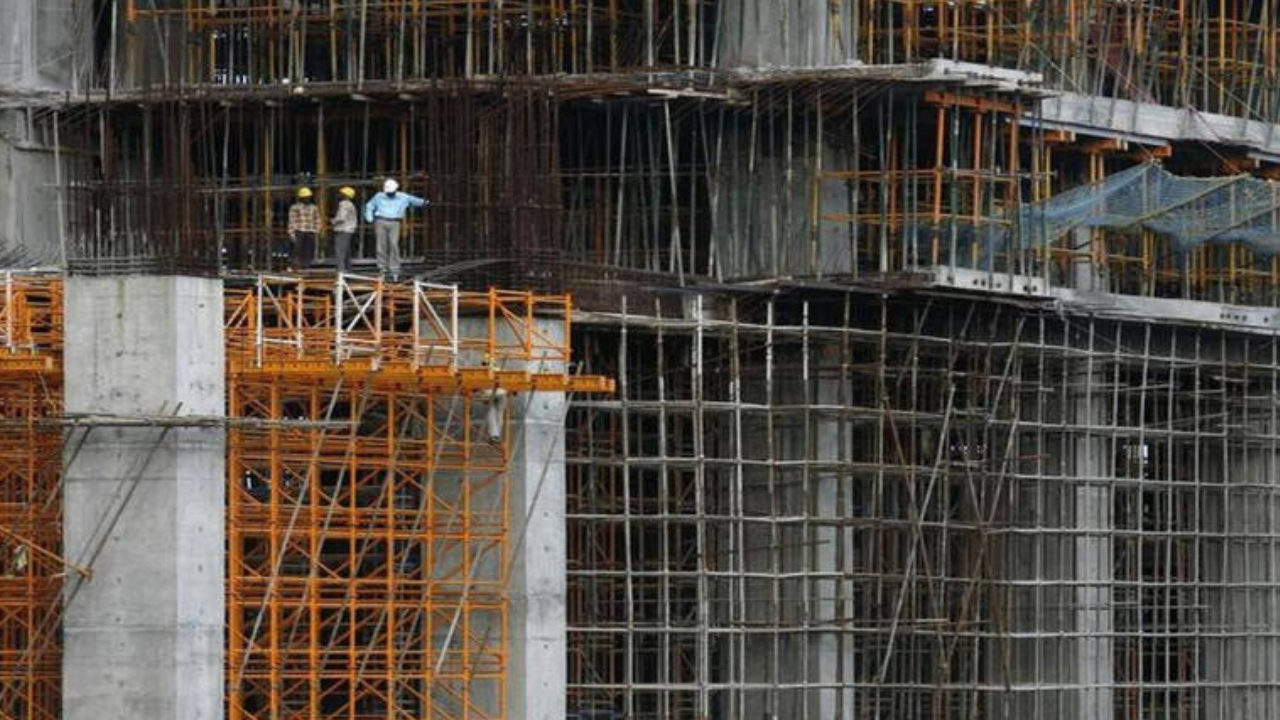India’s real estate sector has evolved in the past few years and is on course to continue this growth in 2019 as well.
Upcoming general elections may see the government further reforming the sector. India has jumped 52 position in the Ease of Doing Business rankings released by World Bank due to improvements in six of the ten categories evaluated.
GDP growth is expected to help expansion, with gross office space absorption growing to more than 20% in 2018 due to renewed interest from banking tenants and the expansion of technology companies.
Coworking culture is also continuing to rise. India’s growing entrepreneurial ecosystem has aided in the expansion of over 200 operators in the country.
Growing population and urbanization is increasing housing demand. Now, developers are aligning sizes of residential units to cater to the budget of home buyers.
Smaller developers and even coworking operators are seeking help from large, recognizable household names to consolidate their practices, which is expected to continue in the new year.
Quality offices and residential spaces are in short supply, so the GST is helping unify India into one single market.
“There has been a structural shift in the logistics sector, with small fragmented networks being consolidated into large distribution chains with centralized hubs,” according to Divya Seth Maggu, Associate Director, Valuation & Advisory Services of Colliers International India. “Growth of online shopping has contributed to this trend. This is encouraging developers to shift their focus from housing to warehousing.”
The NBFC crisis has caused banks to become careful in disbursals into the real estate market. Developers are having trouble raising funds for projects and are finding different ways to raise finances, which is increasing their cost of capital.
India’s realty sector will most likely be decided after the general elections, and the first half of 2019 will likely slow as developers will probably wait until after elections.















